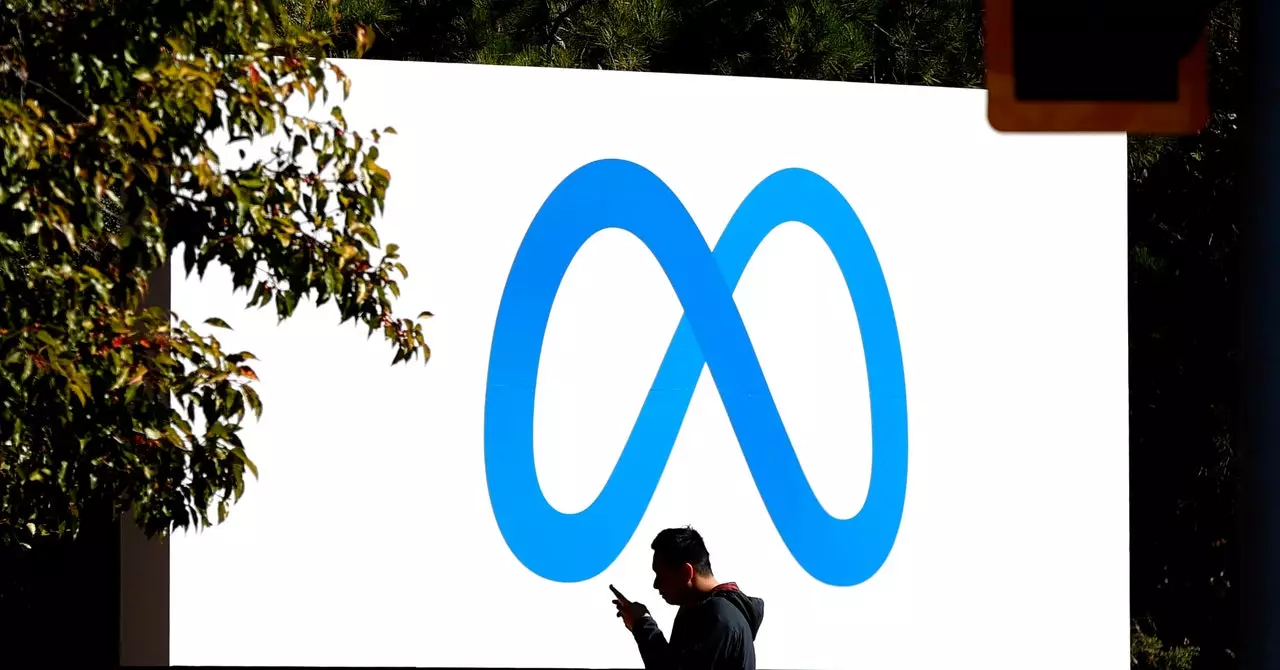The advent of social media platforms like Facebook has irrevocably altered the landscape of journalism. Critics argue that platforms such as Meta are not just passive conduits for information but are actively contributing to the decline of journalism as we know it. This sentiment was echoed by Nina Jankowicz, a former disinformation czar under the Biden administration and current CEO of the American Sunlight Project, who labeled Facebook’s contributions to journalism as detrimental. Her assertion highlights a worrying trend where financial dependencies may compromise the integrity of journalism, as many newsrooms rely on grants aimed at fact-checking.
The implications are stark: when newsrooms receive financial support from social media giants, they may prioritize the interests of those funding sources over impartial reporting. This conflict can undermine journalistic standards, resulting in a compromised information landscape fraught with bias and misinformation. As media outlets strive to balance the demands of fact-checking with original journalism, the very foundation of objective reporting is jeopardized.
Mark Zuckerberg’s recent announcement regarding Meta’s internal changes has drawn criticism from various quarters. Describing the transition of Meta’s trust and safety team from California to Texas, Zuckerberg suggested this move would mitigate bias concerns and bolster free expression. Critics, however, perceive this as an overture to political allies, particularly Donald Trump, rather than a genuine effort to improve content moderation. Their skepticism is not unwarranted, given Zuckerberg’s known affinity for maintaining favorable relations with powerful political figures.
This rhetorical framing of his actions as a measure to enhance trust is questionable. By moving operations to a politically more conservative environment, Zuckerberg could be seen as pandering to a specific demographic, thus exacerbating divisive narratives rather than alleviating them. The implications of such a strategic shift suggest not a pursuit of neutrality but rather a calculated adjustment to appease the growing demands for less restrictive content policies.
In response to rampant misinformation, Meta, like its competitors, is experimenting with community-driven moderation systems. The proposed “Community Notes” feature is inspired by similar initiatives on X (formerly Twitter). This mechanism, reliant on volunteer input to flag misleading posts, aims to democratize content moderation. However, the efficacy of such systems remains contentious. Past attempts, such as X’s BirdWatch initiative, have not yielded satisfactory results in curbing misinformation or hateful content.
The premise behind this community-driven model posits that diverse perspectives within a crowd can foster fairer and more nuanced assessments of content. However, this democratic approach faces significant challenges, including the risk of mob mentality and groupthink. Essentially, the very individuals meant to serve as a counterbalance against misinformation may instead perpetuate it, thus undermining the purpose of such initiatives. The lack of rigorous oversight could ultimately exacerbate the spread of partisan narratives and falsehoods.
Zuckerberg’s recent comments regarding the efforts to combat government censorship further complicate the discussion. He laments what he perceives as overreach by lawmakers in various regions, framing it as a threat to free speech. However, this perspective raises alarm bells for critics who argue that such top-down narratives can mask the underlying issues of misinformation that pervade Meta’s platforms.
Organizations like the Real Facebook Oversight Board have condemned Meta’s latest policies as regressive, arguing that they signal a retreat from responsible content moderation. By prioritizing political favor over accountability, Meta risks becoming a breeding ground for extremist ideologies and misinformation. The assertion that “censorship is a manufactured crisis” resonates with critiques of an ecosystem where far-right propaganda is given an open forum, potentially eroding public trust in legitimate news sources.
The intersection of social media and journalism presents complex challenges that require careful consideration and proactive responses. As Meta treads this fraught path, it becomes crucial for stakeholders—journalists, policymakers, and the public alike—to advocate for transparent and responsible practices. The survival of journalism in the digital age hinges not only on its adaptation to new media landscapes but also on the reaffirmation of ethical standards and accountability in content dissemination. The future of credible information lies in the balance between freedom of expression and the imperative to curb the rise of misinformation that threatens democratic discourse.

